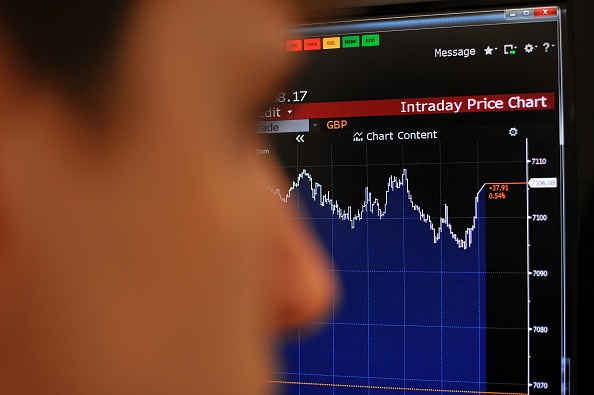Markets mixed on US-China trade war worries

Markets globally were mixed today, with fears of a growing trade was between the US and China hitting confidence.
The Ftse 100 rose two points to 7,428 points this morning, but the FTSE 250 and FTSE 250 both fell.
Read more: Oil prices fall on possible limit to China investments
Asian markets were affected by reports that the US plans to limit Chinese companies’ access to the US capital markets.
Stocks in mainland China fell to their lowest level in nearly a month today with the Shanghai Composite index down 0.9 per cent at 2,905.19, its lowest level since 2 September, while the blue-chip CSI300 index was down one per cent.
Mihir Kapadia of Sun Global Investments said: “Asian equities are mixed on Monday but most indices are lower. Markets are unnerved by fears Trump administration hawks are pushing to block or delist Chinese companies from US exchanges.”
Read more: FTSE 100 rises as US-China trade talks boost European stocks
According to news reports. US officials are were considering delisting Chinese companies listed in the US and restricting US pension funds from investing in China.
Analysts at Jefferies said in a note today: “The proposals are far more draconian than the sanctions imposed on Russia post the Ukrainian crisis and would ultimately undermine the US capital markets, in our view.”
The note argued that the measures are “unlikely to come to fruition” and said they would “harm the US’s role as a conduit for international capital”.
Paras Anand, head of asset management, Asia Pacific, Fidelity International, said: “When the trade war first broke out last year, few would have expected tariffs on Chinese goods could have reached their current levels. So the news that the US may make the financial sector its next target will be greeted with understandable nervousness, given the ‘anything can happen’ tone in the current media coverage,”
However, he also said that he thought the threat was unlikely to materialise.
“This newest threat rings particularly hollow,” he said.
“In my view, such a direct intervention in the functioning of America’s capital markets would struggle to get the necessary level of domestic political support, not to mention implementing the requisite overhauls to financial market regulations,” he added.